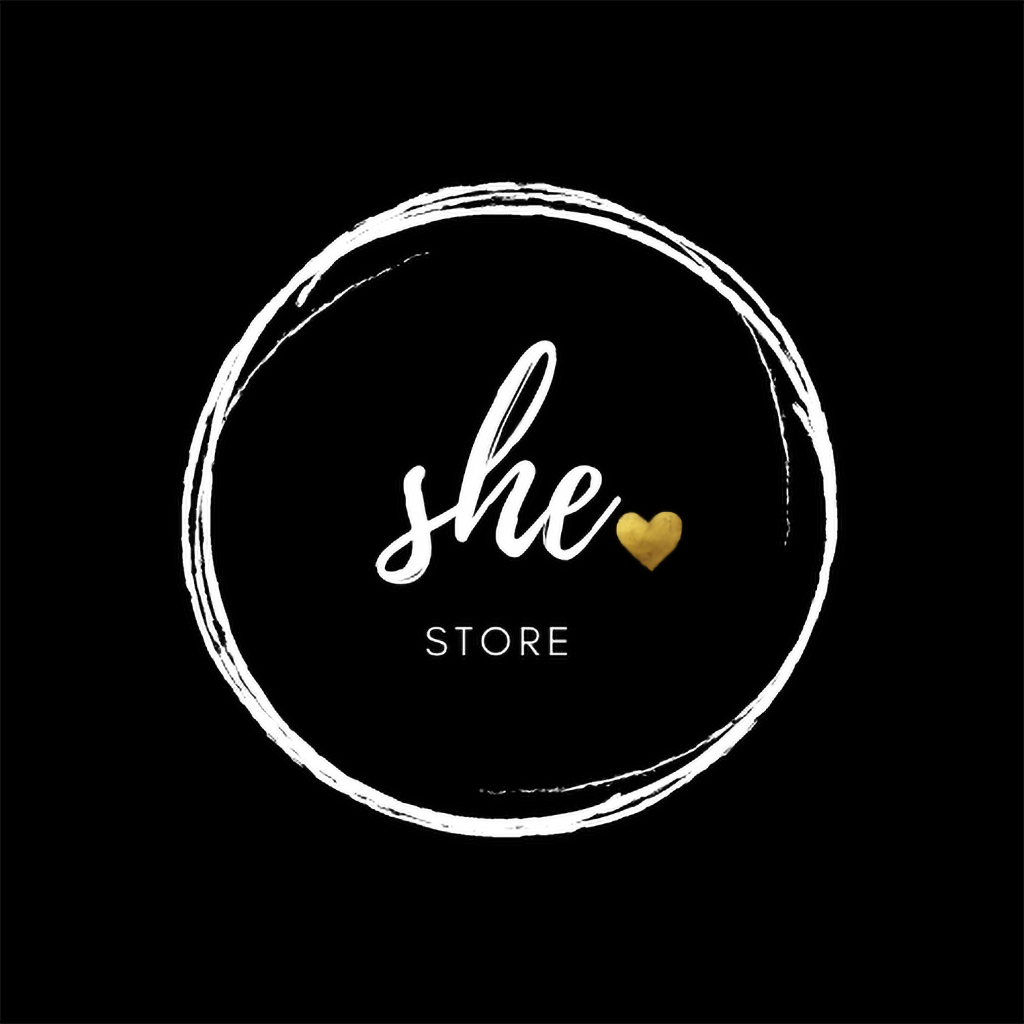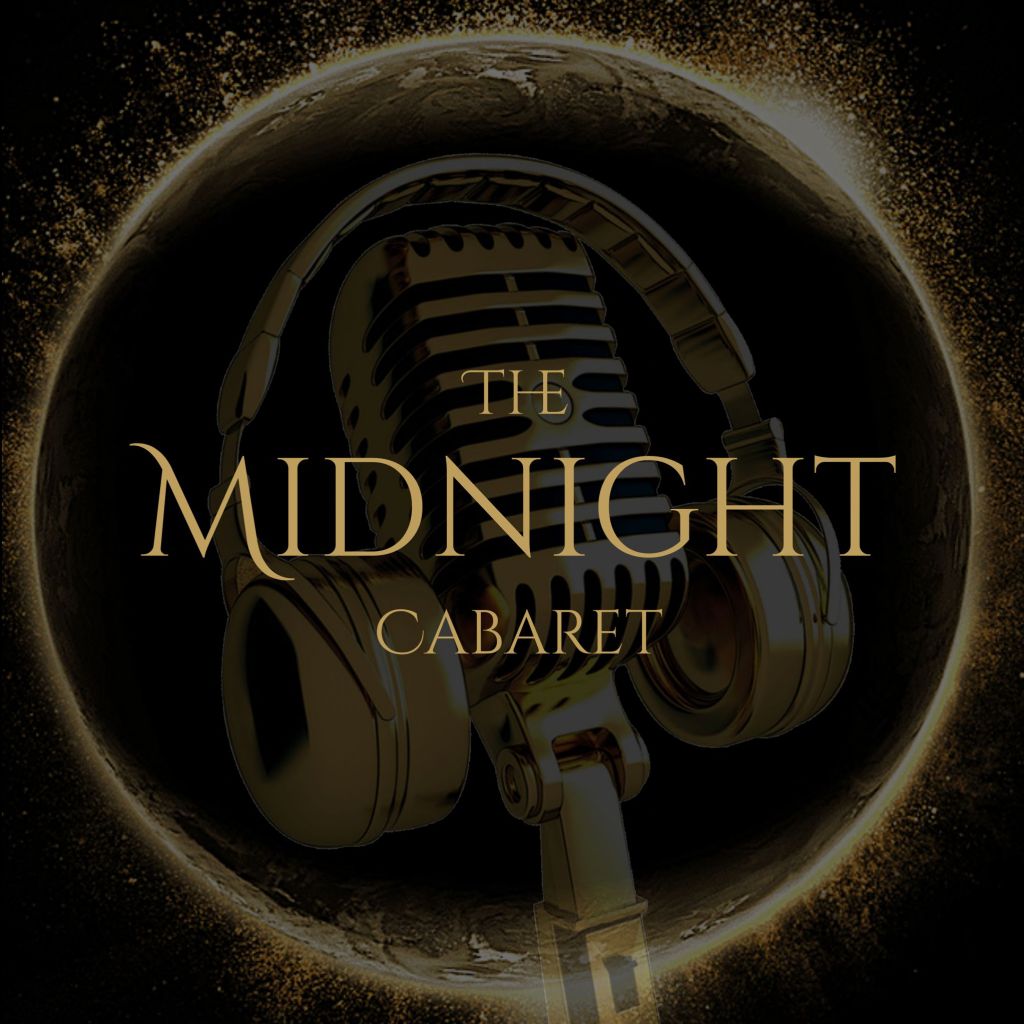[ad_1]

The subject of making money off of artistic endeavors in virtual reality is a careful one to approach, because it gets personal quickly. VR represents a lot of different things to people–freedom, in its myriad of ways–and there's easily a clash when one's view of what virtual reality should be like doesn't line up with someone else's.
With so many metaversal artists now pursuing Patreon and other subscription services for funding, discussions are lighting up social media about whether or not this is the direction the community wants to go. Is the space suddenly made up of walking talking brands? Are people just trying to get a little money for their time? How does this end up affecting worlds like VRChat as a whole?
For some, the para-real is where you should freely share your talents and art with others, no price attached. Doing the opposite can create exclusivity, where only those who fork over the right amount of money have access to the cultural space you've just carved out. By being kept out, those unable to access it are seen as lesser somehow. That naturally brings in feelings of a class divide. It's a bitter feeling to run into the same aspects of real life that you were originally seeking to get away from in a virtual environment.
For others, it's a matter of survival: bills need to be paid, and maybe seeking work outside of VR hasn't been as forthcoming. Or maybe you're saving up for something, or the job you currently have IRL just isn't paying enough. Here is a platform where patrons are willing to pay, and you've got the magical supply. Why shouldn't you do what you do best here and get paid for it? Who says you can't?
For the sake of fairness, it should be said that The Metaculture has its own Patreon for optional donations. Still, this is a discussion that benefits the VR community to have, so let's have it. Major points of consideration and caveats will be presented here, and then the reader can decide for themselves which one they personally believe in. No one essay is going to "solve" a debate that will likely be indefinite, but it can help to present various viewpoints in one place.
Let's start with the obvious and work our way down.

Platforms Need Money To Keep The Servers Going, And That Money Comes From Somewhere
It's not even a "maybe": platforms like VRChat require money to keep its servers going and to host its maps. Your avatars, your content, it's stored somewhere and it requires moolah to keep it there. This has far-reaching consequences that doesn't even pop up right away when you're playing and creating here.
It is not a pretty fact. It has caused VRChat+ to exist, it will cause a market implementation, and it causes the company to accept deals of corporate presence within the game. The way to lessen that is to self-host maps that are linked to VRChat somehow, but that has its own set of problems.
Because it is what it is, culture cannot originate from the administration of VRChat itself. No culture can originate from a company propagating a virtual world as its product. It's a business. That's not what business does.
There Should Always Be A Way To Access Virtual Culture, And VRChat Being Free To Download Helps to Maximize This
The ability to download the game, create content for free, and affect culture within the virtual sphere is incredibly powerful. One day VR will grow to be even more mainstream; users who engage now are putting themselves ahead of the curve and developing skills that can change their lives in the future.
They are also finding refuge for expression. The religion you can't practice because you're worried about your safety or ridicule? VR's got you. Exploring gender and sexuality? You can do so from the comfort of your chair. Is your town limited on interest groups because most people there are a bit stupid? Just pop by VRCon and check out what you can join.
By the same token, users will always favor venues where it costs nothing to access them. Some might like when there's an aspect of exclusivity with a club or service, but the likelihood of them paying for such an experience diminishes as time passes with subscriptions. Because free venues aren't charging, it can be expected that more experimental culture will arise out of these spaces.
There should always be room for no-cost entertainment on VR platforms, because experimentation is what keeps virtual reality interesting and thriving.
Money Isn't The Only Currency In VR
Before the advent of music venues in 2020, the creative power in VRChat mostly rested in the hands of world builders. The group commanded the flow of the game and shouldered much of the platform's success in what they published. To this day, they are still the major content most users interact with. Platforms like VRChat would be nowhere without them.
Most, however, don't take money for their efforts. So why make free stuff? Applause is a hell of a drug, and to this day still drives a great number of creators to do what they do. If you aren't charging for your services, you might be doing it for the accolades you'd get by word or gesture. And if that's a driving force in a user's actions, they'll still behave similarly to someone running a Patreon anyway.
The attitude of a user who is in VR and creating work for their own end is someone who will behave that way, whether they're getting paid or not.
There Is Always Someone Profiting Off Of You
Whether you're doing something for compensation or out of personal desire, someone's pocketing the profits of your content. Your tweets? There are ads sandwiched between them. Your Booth page? Pixiv makes recommendations for paid products at the bottom of your listing. Your virtual worlds? The platform you're publishing it on is using those metrics to get more funding. If you don't profit, someone else is. Some artists have recognized this and are understandably asking for their cut.
Again–correct, not everything should be laced with ads. And again, the only way to completely avoid this to build a multi-user platform of your own and self-host it. There are artists out there experimenting with this already, and is totally possible to do. It has its own complications, but it very much advocated that artists have their own space to go when their platform of choice goes sideways.
It takes a lot of effort though, and most people choose to stay with larger platforms due to their ease of use.
Artists Burn Out Without Getting Anything In Return, But They Can't Rely On Longevity With Creative Careers In Virtual Environments Either
Without paid content, we wouldn't have artists continuing to provide as much high-quality avatars and worlds as we have now. People like getting compensated for their work, and they have every right to ask for that. Demanding free content from an artist puts you in danger of visiting "For Exposure" territory.
However, artists should be aware that online content markets are notoriously unstable. While in one stretch you can certainly pay your mortgage with it for a while, the safety net can easily break as soon as the platform you're operating in changes policy or decides to shutter. In this case, self-hosting is still the only solution to escape the problem completely. As said before, that comes with its own set of problems for the user to figure out.
Creatives Should Be Mindful Of Not Being Money-Minded
Right now, VR is growing and its social sphere is a bit fragile. That's why this conversation is so important–the people who deal with this issue every day, work in a relatively small community where their decisions affect others easily. If a large group of users decide to paywall their experiences suddenly, it will in the least affect the general air of how others interact with those users. If no balance is kept and things aren't open enough, development overall can become stifled.
In older games such as Second Life, business decisions taken too far with selling creative products ends up turning users away because of the overall feeling of greed. Even with larger userbases, things must feel open enough to where users don't feel constantly pressured to spend money. You've got to pay bills, but remember–users aren't towels you wring out for every last penny.
Here are some questions creators should ask themselves if they choose to run a brand:
- Do you favor conversations about yourself when people speak to you? Do you take the initiative to engage with others about their own activities and lives? When is the last time you asked someone how they were doing?
- Do you engage with happenings freely, i.e. don't just go to events because you think of it as a networking opportunity?
- When you think of the irreverent part of the VR community, do you view the silliness as something to balance out the more serious aspects, or do you view it with disdain?
- Are there days when you log into VR with no agenda to make money or further your networking opportunities whatsoever? What do you do on those days?
- If you are a developer, how often do you actually use VR to have fun?
- If you run a VR-centric social account online, who do you interact with? Are your mutual contacts people who use tech for fun and not just business?
It takes a community to make VR what it is. Without its users, virtual reality is just some neat-looking software. Ultimately, the difference between a successful platform and a failed one is how much players and admins are listening to each other–and, leaving the door open for others to be able to easily join you.
[ad_2]
Source link
Sign up for our newsletter now!







